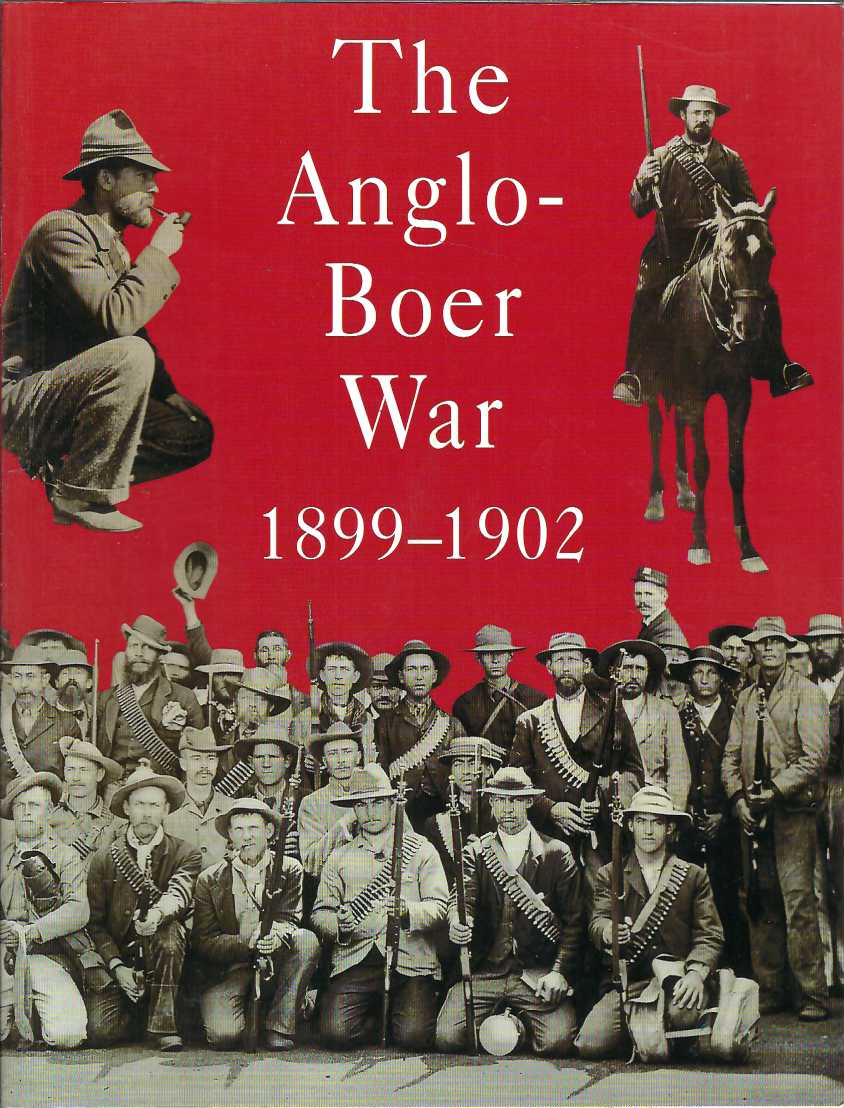New edition, first published in 1965. pp. 96, illustrated #190822
Between 1899 and 1902, the British Army fought a bitter colonial war against the Boers in South Africa. Although outnumbered, the Boers were a skilled and determined enemy. After initial setbacks and a long period of guerrilla warfare, the British eventually prevailed, but not without adopting controversial tactics.
The origins of the Boer War lay in Britain’s desire to unite the British South African territories of Cape Colony and Natal with the Boer republics of the Orange Free State and the South African Republic (also known as the Transvaal). The Boers, Afrikaans-speaking farmers, wanted to maintain their independence.
The discovery of gold in the South African Republic (SAR) in 1886 raised the stakes. A large influx of English-speaking people, called Uitlanders (literally ‘Outlanders’) by the Afrikaners, were attracted by the goldfields. This worried the Boers, who saw them as a threat to their way of life.
Anglo-Boer War 1899-1902, The
$30.00
Sold Out
Additional Information
| Author | FransJohan Pretorius |
|---|---|
| Number of pages | 96 |
| Publisher | Struik Publishers, South Africa |
| Year Published | 1998 |
| Binding Type | Softcover |
|---|---|
| Book Condition | Fine |
